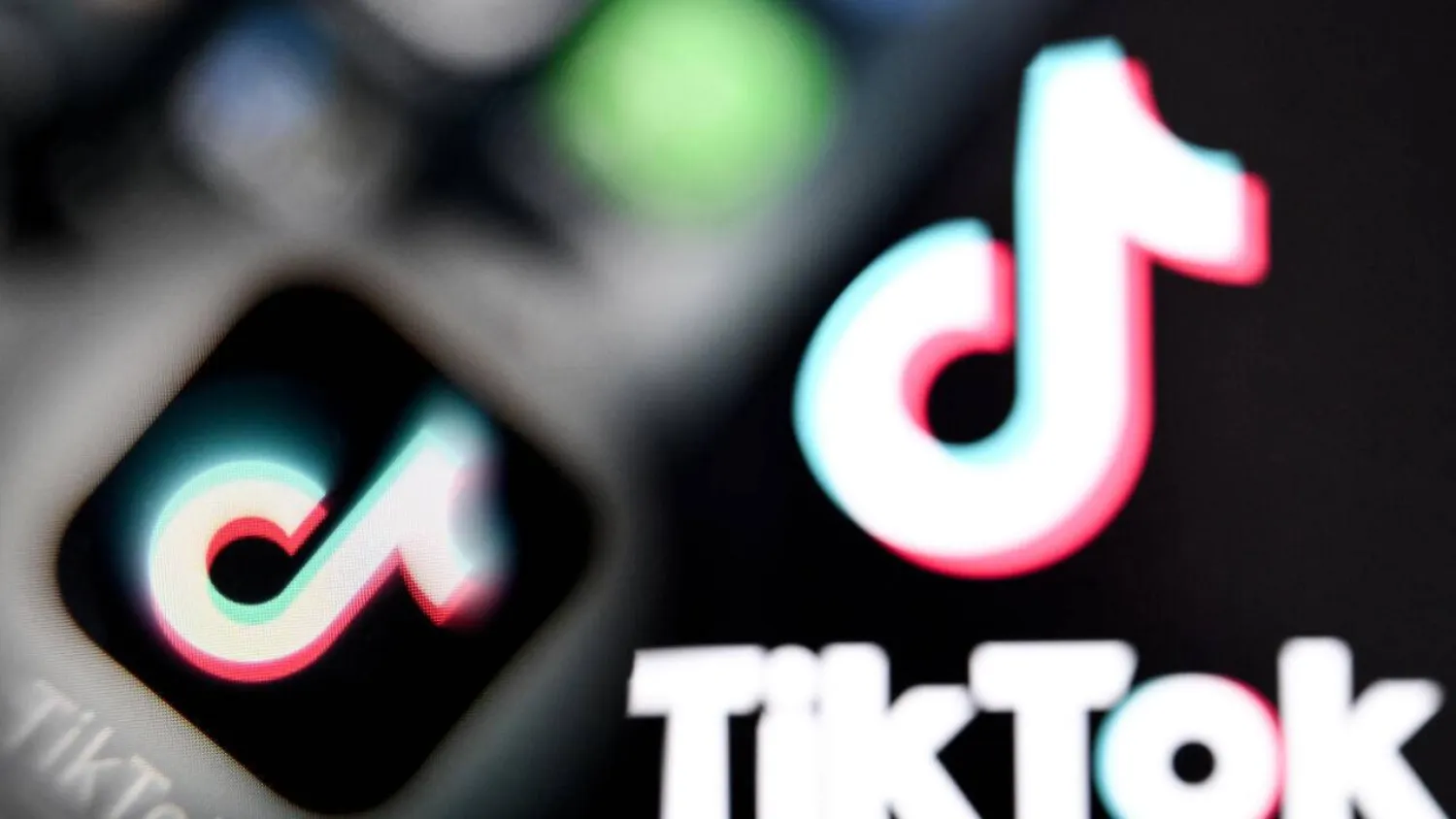US President Donald Trump is widely expected to extend the Thursday deadline for TikTok to find a non-Chinese buyer or face a ban in the United States.
It would be the third time Trump put off enforcing a federal law requiring its sale or ban, which was to take effect the day before his January inauguration.
"I have a little warm spot in my heart for TikTok," Trump said in an NBC News interview in early May.
"If it needs an extension, I would be willing to give it an extension."
Trump said a group of purchasers is ready to pay TikTok owner ByteDance "a lot of money" for the video-clip-sharing sensation's US operations.
Trump has repeatedly downplayed risks that TikTok is in danger, saying he remains confident of finding a buyer for the app's US business, said AFP.
The president is "just not motivated to do anything about TikTok," said independent analyst Rob Enderle.
"Unless they get on his bad side, TikTok is probably going to be in pretty good shape."
Trump had long supported a ban or divestment, but reversed his position and vowed to defend the platform after coming to believe it helped him win young voters' support in the November election.
"Trump's not really doing great on his election promises," Enderle maintained.
"This could be one that he can actually deliver on."
Digital Cold War?
Motivated by national security fears and belief in Washington that TikTok is controlled by the Chinese government, the ban took effect on January 19, one day before Trump's inauguration, with ByteDance having made no attempt to find a suitor.
TikTok "has become a symbol of the US-China tech rivalry; a flashpoint in the new Cold War for digital control," said Shweta Singh, an assistant professor of information systems at Warwick Business School in Britain.
"National security, economic policy, and digital governance are colliding," Singh added.
The Republican president announced an initial 75-day delay of the ban upon taking office.
A second extension pushed the deadline to June 19.
As of Monday, there was no word of a TikTok sale in the works.
Tariff turmoil
Trump said in April that China would have agreed to a deal on the sale of TikTok if it were not for a dispute over tariffs imposed by Washington on Beijing.
ByteDance has confirmed talks with the US government, saying key matters needed to be resolved and that any deal would be "subject to approval under Chinese law".
Possible solutions reportedly include seeing existing US investors in ByteDance roll over their stakes into a new independent global TikTok company.
Additional US investors, including Oracle and private equity firm Blackstone, would be brought on to reduce ByteDance's share in the new TikTok.
Much of TikTok's US activity is already housed on Oracle servers, and the company's chairman, Larry Ellison, is a longtime Trump ally.
Uncertainty remains, particularly over what would happen to TikTok's valuable algorithm.
"TikTok without its algorithm is like Harry Potter without his wand -- it's simply not as powerful," said Forrester Principal Analyst Kelsey Chickering.
Meanwhile, it appears TikTok is continuing with business as usual.
TikTok on Monday introduced a new "Symphony" suite of generative artificial intelligence (AI) tools for advertisers to turn words or photos into video snippets for the platform.
"With TikTok Symphony, we're empowering a global community of marketers, brands, and creators to tell stories that resonate, scale, and drive impact on TikTok," global head of creative and brand products Andy Yang said in a release.









